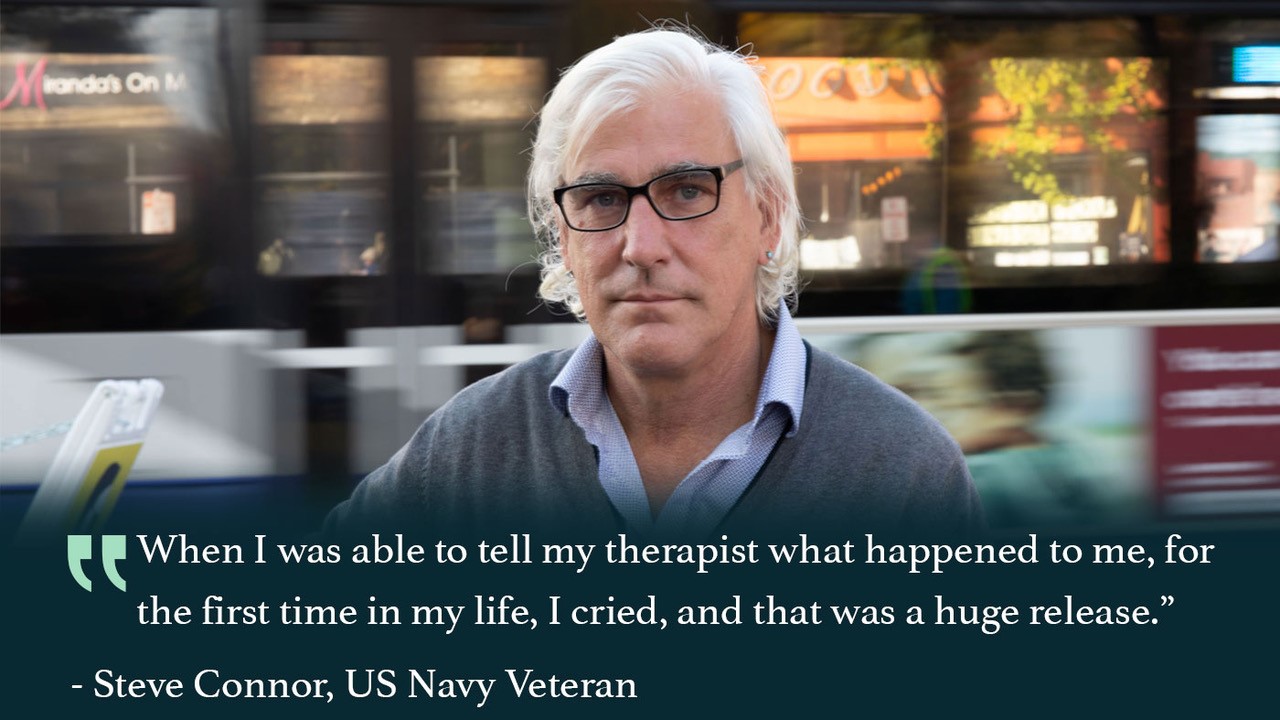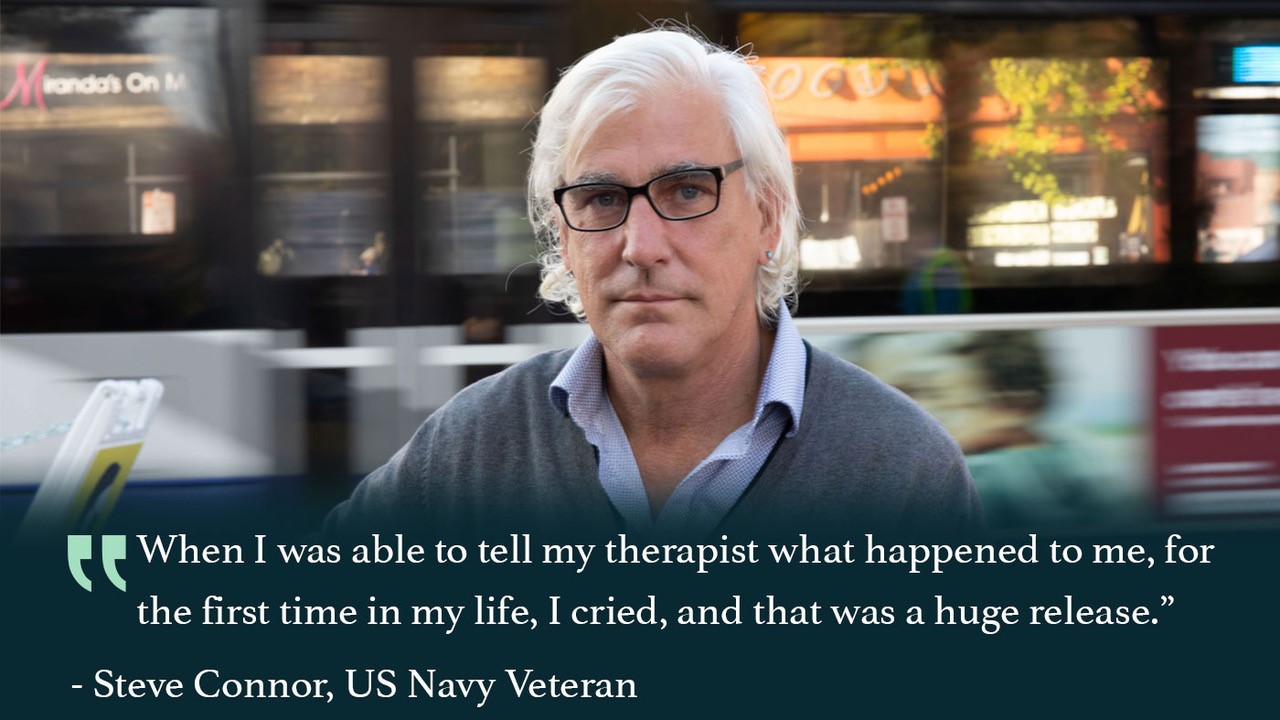
Knowing if, when, and how to share your trauma story takes some thought. Disclosing trauma with someone you trust can help you recover.
Sharing what it was like to go through a life-threatening event can be difficult. It can be hard to talk about, especially if you are still suffering because of it. You may not be sure how or why a trauma affects you. You may not remember all the details. You may be concerned that sharing your experience will impact your relationships, that it will upset your loved ones, or that they will see you differently.
Knowing if, when and how to share your story – or disclose a trauma – with others takes some thought. Disclosing trauma with someone you trust can help you recover. Spending time planning the best way to talk can help you feel in control.
How do I disclose my trauma?
There is no “one way” to talk about things you’ve been through. You don’t need to tell everyone the same way or all at once. Below are some tips on how to think about what can make the conversation best for you.
Who?
When thinking about who you want to tell, here are some questions to ask yourself:
- Is this person supportive in other parts of my life?
- Has this person shown me respect and kindness in the past?
- Is the person dealing with issues that might make it hard for them to support me?
Answers to these questions may differ depending on your relationship with the person. For example, you might consider telling your health care provider, who has special training about how to respond in helpful ways. In contrast, an employer or loved one likely doesn’t have this training, which could impact your expectations for what happens when you disclose.
What?
Think about what information you want to share in advance. You don’t have to talk about everything or share details. You can always stop the conversation and pick it up again later. People may have questions once you share your experience.
It is okay to tell them you are not ready to share all the details or that you don’t know how to answer. Don’t think of it as a “tell all” moment. Instead, you are starting a conversation you can return to again.
When and where?
It’s important to share in a setting where you feel comfortable. How much privacy do you want? Will there be a chance you are interrupted? Where will you feel safe if emotions come up for you?
Make sure you have enough time for this conversation. You may not want to talk before you have a big work meeting or something pressing to do, like pick up your children, in case you need time to unwind after disclosing.
How?
You may want to start by asking the person if they are willing to hear your trauma experience. Many people have gone through trauma and may not be ready to hear your story, which does not mean that they don’t care about you.
If there are specific things you may hope for or need from the person with whom you are sharing, think about how to ask for them. Maybe you want the person to help you find resources or make changes to the way you interact with each other. Thinking about what you’d like to have come from disclosure can help ensure you focus on what you need.
Disclosure is really a process that unfolds over time, and it may get easier to do with patience and practice.
What next?
After sharing your trauma experience you may want resources. Some options:
- If you are considering whether you might have PTSD, take a self-screen.
- Share our Understanding PTSD for Family and Friends guide with your loved one.
- Hear Veterans and their families talk about their experiences on AboutFace.
Disclosing your experience of trauma to others is an important decision. Take time to think about what information you want to share, with whom you want to share it and what you hope to get from doing so.
A mental health provider can help you think through this process while keeping your best interest and health at the forefront.
Topics in this story
More Stories
Bob Jesse Award celebrates the achievements of a VA employee and a team or department that exemplifies innovative practices within VA.
The Medical Foster Home program offers Veterans an alternative to nursing homes.
Watch the Under Secretary for Health and a panel of experts discuss VA Health Connect tele-emergency care.







Talking about what happened can help you to make sense of it, to work through your feelings, and to begin to heal. It can also help you to connect with others who have been through similar experiences. Sharing your story can be empowering and liberating, and it can help you to feel less alone.
Very good information